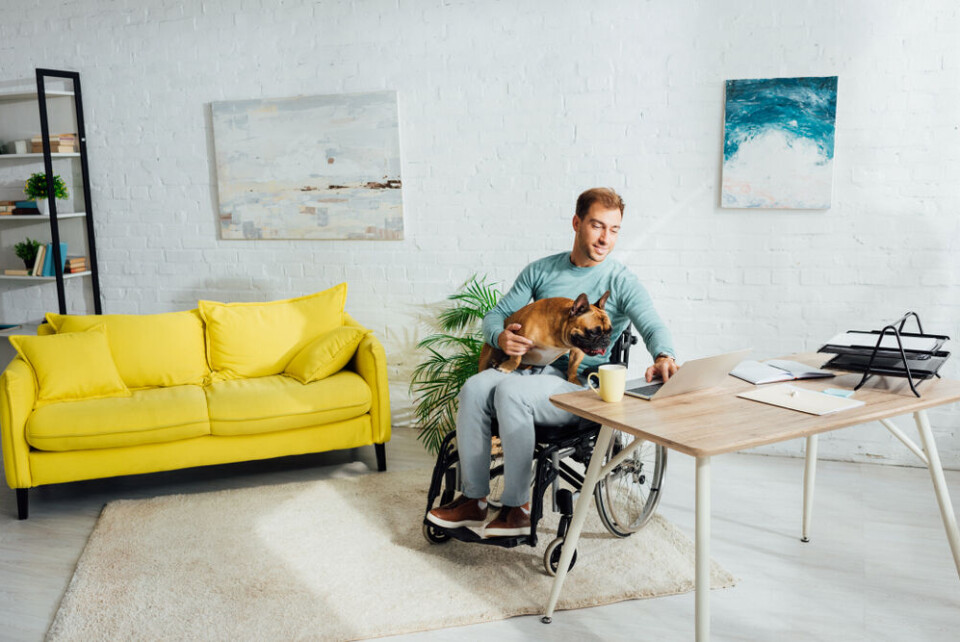-
How can I find out who the owner of a property is in France?
There are a few methods you can use to ascertain ownership
-
Will we have to pay back any of the French Aspa pension top-up money we have received?
Benefit can become repayable after a recipient’s death
-
Does the French 2021 forced heirship law apply to non-residents’ second homes?
Whether it is applicable depends on the family situation
What aid or help groups exist in France to cope with a new disability?
Individual circumstances can dictate what aid may be available

Reader Question: My wife recently had her leg amputated and we want to know if there are groups offering financial aid to install special equipment for the house. Is this something our local Cpam can help with? M.C.
It is unlikely your local Caisse primaire d'assurance maladie (Cpam) can help, as financial aid of this kind is not usually under its remit.
However, there are many types of financial aid for disabled people in France, which your wife may be eligible for depending on her age and your combined income levels.
One of these is the Allocation personnalisée d'autonomie (Apa), for those aged 60 or above and with a reduced level of autonomy.
Read more: French benefit explainer: Apa, help to stay independent in older age
Disabled people falling below certain ‘modest’ income thresholds may also be eligible for grants covering up to 70% of work to make their home more accessible via the new MaPrimeAdapt’ scheme.
This was introduced in January 2024 to help people remain independent in their own homes for longer.
Read more: How does France’s new home renovation scheme for the over-70s work?
Other aids include the AAH (allocation aux adultes handicapés) or Pension d'invalidité – you can find a full list here, and check your eligibility.
Disabled people’s resource centres
Each department in France also has a maison départementale des personnes handicapées (MDPH), a disabled people’s resource centre, usually located in the department’s administrative capital.
You can find the exact location by searching ‘MDPH’ and the department you live in.
Alternatively, service public has an online directory here.
You can select a query type in the first box (in your case ‘aides’, but others such as ‘démarches’ or ‘information et orientation’ can also be helpful).
In the second select ‘maison départementale des personnes handicapées’ and in the subsequent box that appears select ‘type de structure’. Finally, type in your commune’s postcode.
If it is difficult to visit an office in-person, you can find contact information including telephone numbers and email addresses for most MDPHs here.
Submitting a dossier to your MDPH (either online or in-person) will allow the service to arrange a plan to assess your needs and rights as a disabled person.
Every MDPH houses a multidisciplinary team that includes doctors, nurses, occupational therapists, psychologists, social workers, and inclusion and integration specialists, who will combine to offer this plan.
Once you have applied, a final decision on your situation and appropriate levels of support is taken by a committee called the Commission des droits et de l'autonomie des personnes handicapées (CDAPH) – Commission for the Rights and Autonomy of People with Disabilities.
A selection of well-known support associations can be found here.
Otherwise, your local mairie may have contact information for resources in your area, including local support groups.
Related articles
What changes in France in 2024 for health and medicine
Housing, disability, family: the French state aids people do not know
What is a ‘protected tenant’ in France and how do you become one?
























